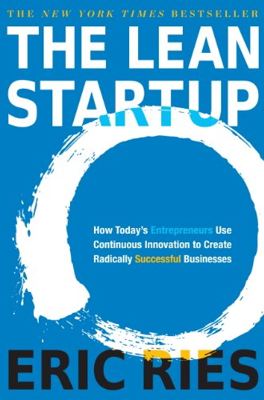Start
Entrepreneurial Management
Building a startup requires a form of entrepreneurial-focused management that differs drastically from conventional corporate management practices, which are often ill-suited for the chaotic and uncertain environment of startups. Eric Ries, drawing from his own startup failures, underlines the need for a disciplinary framework to manage the entrepreneurial process effectively to avoid chaos and enhance success rates.
The Roots of The Lean Startup
The Lean Startup methodology is influenced by the lean manufacturing revolution at Toyota, which emphasized minimizing waste, optimizing product quality, and utilizing worker creativity. This approach has been adapted for startups, proposing a shift in how progress is measured—from traditional metrics to what Ries calls "validated learning." This emphasizes learning from customers and adapting products quickly based on feedback, focusing on building products that customers actually need and are willing to pay for.
Adapting to Feedback and Learning
The book argues for a system where continual feedback, akin to steering a car, guides startups, rather than rigid adherence to a pre-set plan, which could be equated to launching a rocket. Ries suggests that startups, like drivers, need to adjust continually and learn from real-time information to navigate towards their final target effectively.
Startups should employ the Build-Measure-Learn feedback loop to make quick decisions about when to persevere in their current direction or to pivot towards a new strategy. This approach helps in tuning the startup's growth engine and aligning closer to the market needs without the extravagance of resources and time.
Envisioning Management in Startups
Ries expands the definition of entrepreneurship to include not only the creation of new companies but also new products within existing companies. He points out that these internal innovators are entrepreneurs too, and they can benefit from applying entrepreneurial management practices. Describing a scenario where an internal innovator fails to meet initial targets but gains valuable insights, Ries highlights the importance of learning and adaptation in entrepreneurial management, which are often undervalued in traditional management settings.
Ultimately, Ries sets the stage for a comprehensive management theory tailored for entrepreneurial ventures, which involves considering and balancing various functions such as product development, marketing, scaling up, and organizational design under conditions of extreme uncertainty.
